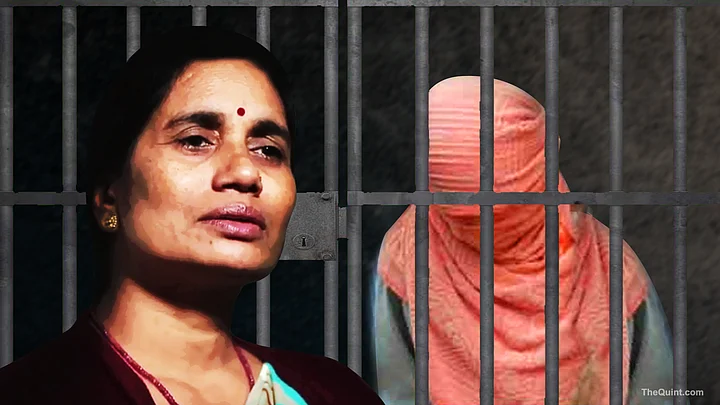The parents of Jyoti Singh, the woman who was brutalised and killed on 16 December, 2012, repeatedly asked for the juvenile offender’s identity to be revealed. Others demanded that the government and police keep him confined or under surveillance for the rest of his life.
Despite massive public and media pressure, the Delhi High Court refused to give in, and held that there is nothing in the law to prevent the release of the juvenile. In doing so, the court has asserted that legal and constitutional principles prevail over public and individual sentiment.
Juvenile Justice Law’s Constitutionality Reigns
BJP leader Subramanian Swamy, had contended that the juvenile posed a grave threat to society, referring to psychiatric and remand home reports that the juvenile had not been reformed. Swamy also referred to an IB report that suggested that the juvenile had also been ‘radicalised’ at the juvenile remand home.
But the Court chose not to override the provisions of the Juvenile Justice Act and declined to rule in Swamy’s favour.
Swamy’s main petition was about ascertaining with reasonable certainty whether juvenile offenders have been reformed and can be considered harmless before they are released. The Court will hear the main petition on 28 March 2016.
Earlier too, Swamy had moved court against the juvenile, contending that the Juvenile Justice Act fell short as it did not criminalise those aged below 18 who committed heinous offences. The Supreme Court, on 28 March 2014, had dismissed Swamy’s petition and upheld the validity of the law.
Amendments Yes, but according to Justice
Badri Singh and Asha Devi, Jyoti’s parents,
expressing dismay over the high court’s ruling, have asked why a Bill, which raises
the age of juvenile criminality from 16 to 18 years in case of heinous
offences, that was cleared by the Cabinet on 22 April 2015, is still pending before the Rajya Sabha.
This bill has met severe criticism from child rights activists who claim that it drastically undermine juvenile justice.
A position paper prepared by the National Law School’s Centre for the Child and the Law details how the pending Bill eats into the fundamental rights of juveniles who due to a host of factors, end up being in conflict with the law.
In its Order, the High Court has conceded that the law does have some loopholes - for instance, it does not provide for monitoring of juveniles offenders beyond a two-year period, and remains silent on post-release reformation and rehabilitation. However, the court emphasised, all proposed amendments must be passed only after careful deliberation.
A 2013 Supreme Court ruling too, dismissed a batch of petitions demanding the lowering of the age of juvenile criminality.
No law, howsoever flawed, should be amended in response to retributive impulses. Those below eighteen who commit brutal crimes should be dealt with firmly and with justice, but nor should vulnerable juveniles be treated as feral pariahs.
